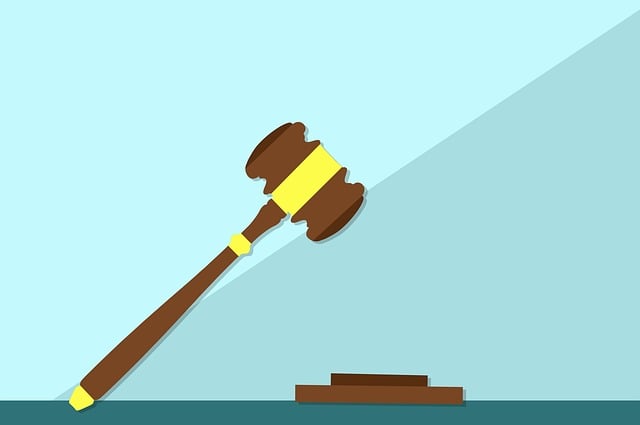Whistleblower protection laws promote transparency but face a key challenge: Meeting the burden of proof in court. Whistleblowers, with insider knowledge, must convincingly prove their claims against former organizations using strategic documentation, legal arguments, and an understanding of industry dynamics to overcome corporate defenses and secure favorable verdicts. The complex nature of whistleblower cases, involving sensitive information and intricate investigative procedures, poses significant hurdles for both plaintiffs and defendants.
Whistleblower protection lawsuits are a critical aspect of upholding ethical conduct within organizations. These legal actions empower individuals who expose wrongdoing, but they also present unique challenges. Understanding whistleblower protection laws and their purpose is essential. This article delves into the intricacies of these cases, focusing on the burden of proof. We explore the complexities, including strategic approaches to navigate legal hurdles, especially in meeting the stringent proof requirements in court—a key aspect often faced by whistleblowers.
- Understanding Whistleblower Protection Laws and Their Purpose
- The Burden of Proof in Whistleblower Cases: Challenges and Complications
- Strategies for Navigating the Legal Hurdles in Whistleblower Protection Lawsuits
Understanding Whistleblower Protection Laws and Their Purpose

Whistleblower protection laws are designed to safeguard individuals who expose illegal or unethical activities within their respective businesses or organizations. These laws aim to encourage employees to come forward with information that could reveal fraud, corruption, or violations of public safety regulations, without fear of retaliation. Understanding these protections and their purpose is crucial for both whistleblowers and the companies they work for, as it sets a framework for handling internal disclosures and subsequent legal actions.
One significant challenge in whistleblower protection lawsuits lies in meeting the burden of proof. Whistleblowers must provide compelling evidence to support their claims of retaliation, often facing complex and high-stakes cases. Demonstrating a causal connection between their protected disclosure and any adverse employment action can be particularly difficult, especially when corporate defenses are robust. However, with careful documentation, strategic legal arguments, and a strong understanding of the respective business environment, whistleblowers can win challenging defense verdicts in these crucial cases.
The Burden of Proof in Whistleblower Cases: Challenges and Complications

Whistleblower cases often present unique challenges when it comes to the burden of proof. The plaintiff—typically an individual with valuable inside knowledge—must convincingly demonstrate that their claims are not only true but also warrant legal action against the organization they once belonged to or a specific corporate entity. This task is no small feat, given the sensitive nature of these cases and the intricate details involved in all stages of the investigative and enforcement process.
Corporate and individual clients alike face complex legal landscapes when navigating whistleblower protection lawsuits. The onus of proof can be particularly daunting for whistleblowers, as they must often rely on circumstantial evidence and their own expertise to expose wrongdoing. Moreover, distinguishing between legitimate concerns and mere disputes in a general criminal defense context can significantly impact the outcome of such cases.
Strategies for Navigating the Legal Hurdles in Whistleblower Protection Lawsuits

Navigating the legal hurdles in whistleblower protection lawsuits presents a complex landscape for individuals seeking justice. One of the primary challenges is meeting the burden of proof, which often requires meticulous documentation and a deep understanding of the law. Whistleblowers must be prepared to demonstrate that their claims are not only credible but also substantiated by concrete evidence. This can involve producing detailed records, expert testimony, and compelling narratives to counter potential white collar defense strategies.
Successfully navigating these challenges often hinges on strategic planning. Attorneys for whistleblowers should anticipate and address common defenses employed by companies, such as challenging the motives of the whistleblower or disputing the validity of the evidence. For instance, preparing for jury trials requires crafting persuasive legal arguments and presenting compelling evidence to ensure winning challenging defense verdicts. This involves a nuanced approach that balances aggressive advocacy with a thorough understanding of the nuances in whistleblower cases.
Whistleblower protection lawsuits play a vital role in ensuring accountability and upholding justice. However, navigating the legal landscape presents significant challenges, especially regarding the burden of proof. Understanding the complexities outlined in this article is crucial for both whistleblowers and legal professionals. By recognizing the difficulties in meeting the burden of proof in court, individuals can employ strategic approaches to strengthen their cases. This enables a more effective protection system, encouraging individuals to come forward without fear, ultimately fostering transparency and ethical conduct within organizations.






